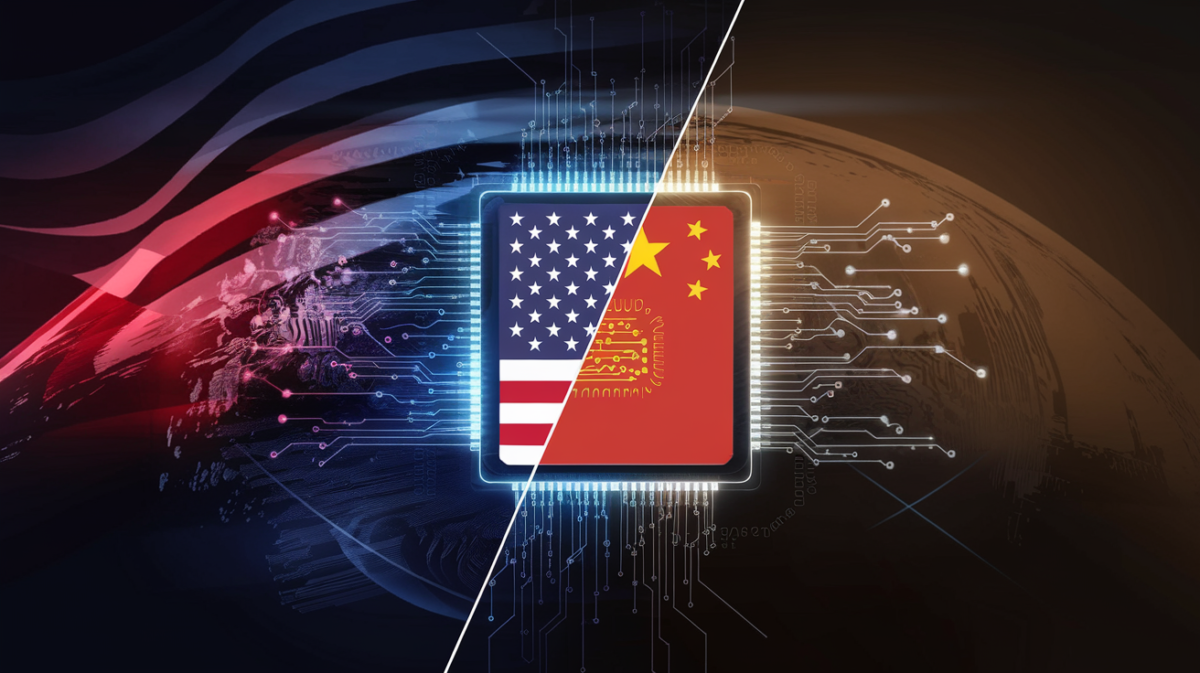Policy Shift Sparks Market Rally for Nvidia and U.S. Chipmakers
The Trump administration has announced plans to overturn the Biden-era “AI diffusion rule,” a regulation that restricted the export of advanced artificial intelligence (AI) chips. This decision marks a significant win for U.S. chip manufacturers and AI firms, who have long argued that the rule was overly complex and hindered innovation.
What Was the Biden AI Chip Rule?
Introduced in January 2025, the regulation aimed to limit China’s access to cutting-edge computing technologies. The goal was to maintain U.S. leadership in AI and prevent rivals from gaining military advantages. The rule classified countries into three tiers:
- Top-tier allies: Unlimited access to advanced AI chips.
- Mid-tier countries (120 nations): Restricted access with capped supplies.
- Adversaries (China, Russia, Iran, North Korea): Complete export ban.
Critics, however, claimed the policy created unnecessary red tape and stifled the global competitiveness of American tech firms.
Why the Repeal Matters
The Trump administration’s decision to scrap the rule has been met with enthusiasm from industry leaders. Nvidia, one of the largest AI chip manufacturers, had previously estimated a $5.5 billion revenue loss due to the export bans on high-performance chips to China. The company welcomed the repeal, with Vice President Ned Finkle stating, “The Biden-era rules only weakened America’s position in the global market and slowed down innovation.”
Following the announcement, Nvidia’s stock surged by over 3%, reflecting investor optimism. Other U.S. chipmakers also saw gains, signaling broader market approval.
What Comes Next?
The Trump administration is now considering a simplified global licensing system to replace the tiered model. This new approach would rely on direct government agreements, though no specific timeline has been set for its implementation.
Comparing the Biden and Trump Approaches
| Policy Aspect | Biden Administration | Trump Administration |
|---|---|---|
| Export Restrictions | Tiered system based on country classification | Simplified licensing via government agreements |
| Impact on U.S. Firms | Revenue losses, reduced market access | Potential for expanded global trade |
| National Security Focus | Strict controls to limit adversary access | Balanced approach to security and innovation |
The Bigger Picture
This policy shift highlights the Trump administration’s broader reevaluation of technology and trade policies. By rolling back the AI chip export curbs, the government aims to strike a balance between national security concerns and the need to foster innovation and economic growth.
For now, the tech industry is watching closely as details of the new licensing system emerge. One thing is clear: the repeal of the Biden-era rule has already injected fresh optimism into the market, particularly for companies like Nvidia that stand to benefit from fewer export restrictions.







